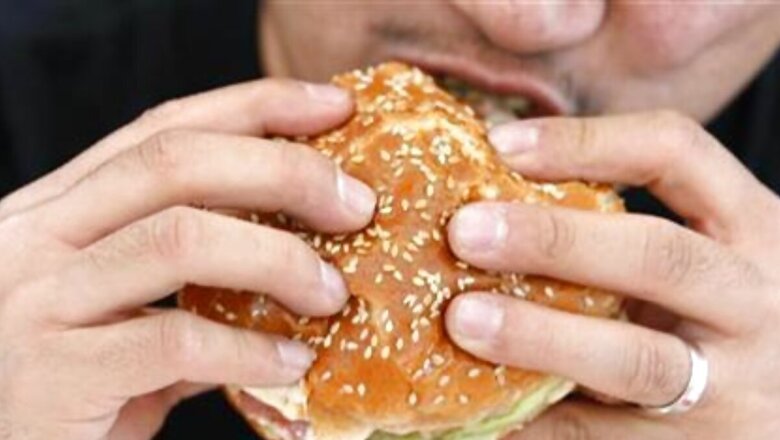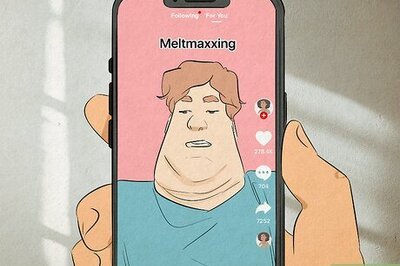
views
In a rare reported case, a 51-year-old Iraqi man, suffering from a dual eating and swallowing disorder called achalasia cardia and zenker’s diverticulum, has been successfully treated by the doctors here. The patient suffered severe pain and difficulty in swallowing, and was not eating solid food for the last two years. Achalasia cardia is a chronic condition in which the muscle at the base of the throat where food enters the stomach is too tight. This can cause food and liquids to back up in the throat.
Zenker’s diverticulum develops when the muscle between the throat and oesophagus becomes narrow and tight, causing the throat area to resemble a pouch. Over time, the pouch can enlarge as the muscles below it tightens further. Chewed food particles can get caught in this pouch causing a serious obstruction.
Also read: 15-Year-Old Dies Of Rare ‘Brain-Eating Amoeba’ Infection In Kerala
After due tests, doctors at the Fortis Hospital, Vasant Kunj, conducted POEM procedure (Peroral endoscopic myotomy) to treat the disorders caused by muscles such as spasms in the oesophagus.
The procedure uses an endoscope which is inserted through the mouth to cut/dissect muscles in the oesophagus. It took mere 30 minutes and in 24 hours, the patient was able to take a liquid diet and after 48 hours of the surgery, the patient could eat solid food. He was discharged within three days and is doing well, the hospital said in a statement.
“Living with two rare diseases is difficult. The POEM procedure requires great precision. In a conventional method, a general surgeon does open surgery to cut the oesophagus area and loosen the area where food enters the stomach. In the same setting, the surgeon will cut open the muscles between the throat and oesophagus to remove the pouch. Since the surgery is done via an open method it takes time, much blood loss and the recovery is lengthier,” said Vineet Gupta, Senior Consultant, Gastroenterology, at Fortis Hospital.
“We conducted the POEM procedure as it is incisionless, pain-free, reduces hospital stay, and has a lower complication rate as compared to open surgery, and is also low cost as compared to a traditional surgery. If the patient was not treated, he would have had to live on a liquid diet for the rest of his life,” he added.




















Comments
0 comment